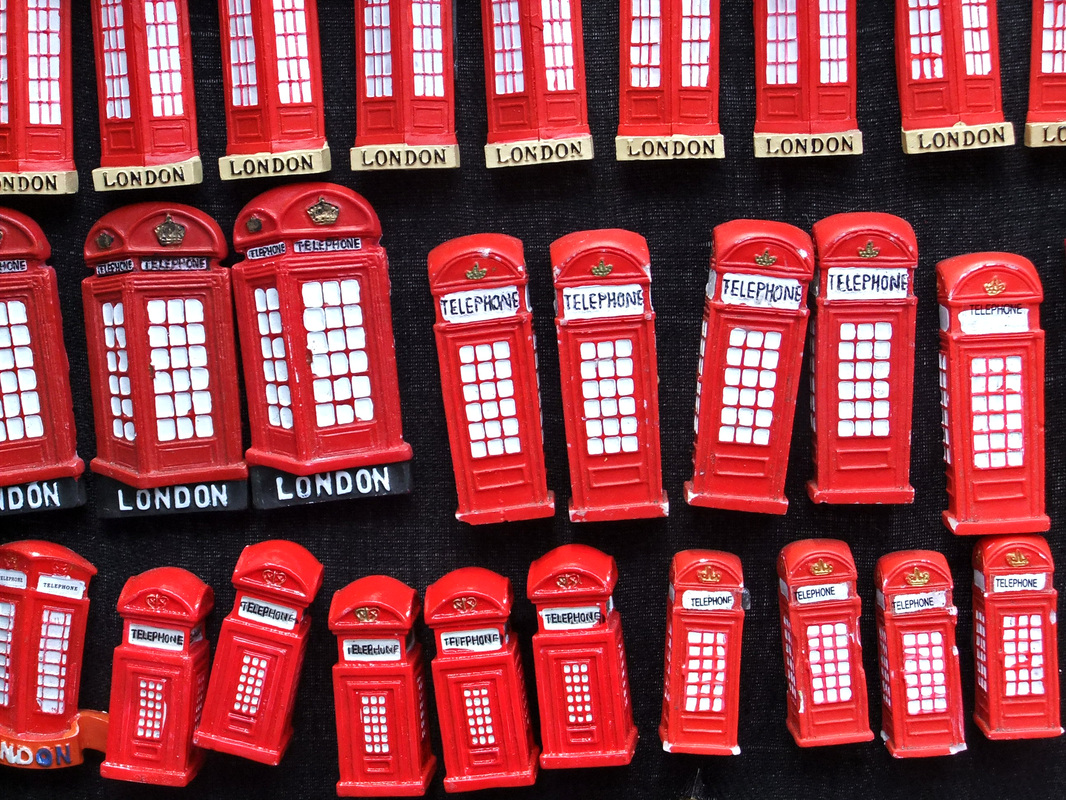Here is the new Vocabulary from last Wednesday's walk:
Vocabulary City Walk – Wednesday 09 May 2012
A nuisance (noun). An annoying person, thing or circumstance
e.g. That man who spoke very loudly on his mobile on the bus a nuisance.
e.g. Having to wait so long in the queue was a nuisance.
To gawp (verb used with an object). To stare at something or someone with your mouth open in astonishment.
e.g. she gawped at that man who took his trousers off in public!
To stare (verb without object). To look at something very intently, with eyes wide open.
To gaze (verb without object). To look at something or someone. Not so wide open-eyed like staring or gawping.
Mind-blowing (adjective). Something that is extremely exciting or surprising. That has an intense effect on our emotions.
e.g. When I moved to London from the countryside, it was mind-blowing.
A buzz (noun). A feeling of intense excitement.
e.g. I got a real buzz from that history walk.
Snap (noun). A children’s card game. You match the pictures so that when you see a card the same as your one, you say ‘SNAP’ loudly. We use it to mean ‘the same’.
e.g. Person A: I used to live in Birmingham
Person B: Snap. (i.e. I did as well)
Snap (verb without object).a) To make a sudden, sharp sound.
b) to break an object in two. E.g. I snapped the stick in two. E.g. the tree branch snapped off.
c) to be very angry. E.g. She snapped when she lost her job.
To bury (verb). (buried = past participle/past tense of ‘bury’) To put something in the ground and cover it with earth. E.g. The squirrel buried some nuts in that flower bed. E.g. When her cat died, she buried it.
Litter (noun). Rubbish such as plastic cups, paper, bottles etc that are left in an open or public place.
Littering (present participle of verb ‘to litter’). To make a place untidy with rubbish or lots of objects lying about. E.g. The newspapers littered the floor. E.g. No littering in the railway station.
Grubby (adjective). Dirty. E.g. The little boy had a grubby face.
A bowler hat (noun). A type of hat worn in England up until the 1960s.
Bone china (noun). Very fine china. Porcelain.
To slaughter (verb). a) When many, many people are killed deliberately. E.g. During the First World War, thousands of young men were slaughtered.
b) When animals are killed, especially for food.
Note: the pronunciation for ‘slaughter’ is: //slɔːtə//
Sl – then the ‘augh’ sound = ‘oor’ that as in ‘door’.
Other words with the same sound:
Slaughter
Ought
Bought
Brought
Thought
 RSS Feed
RSS Feed
